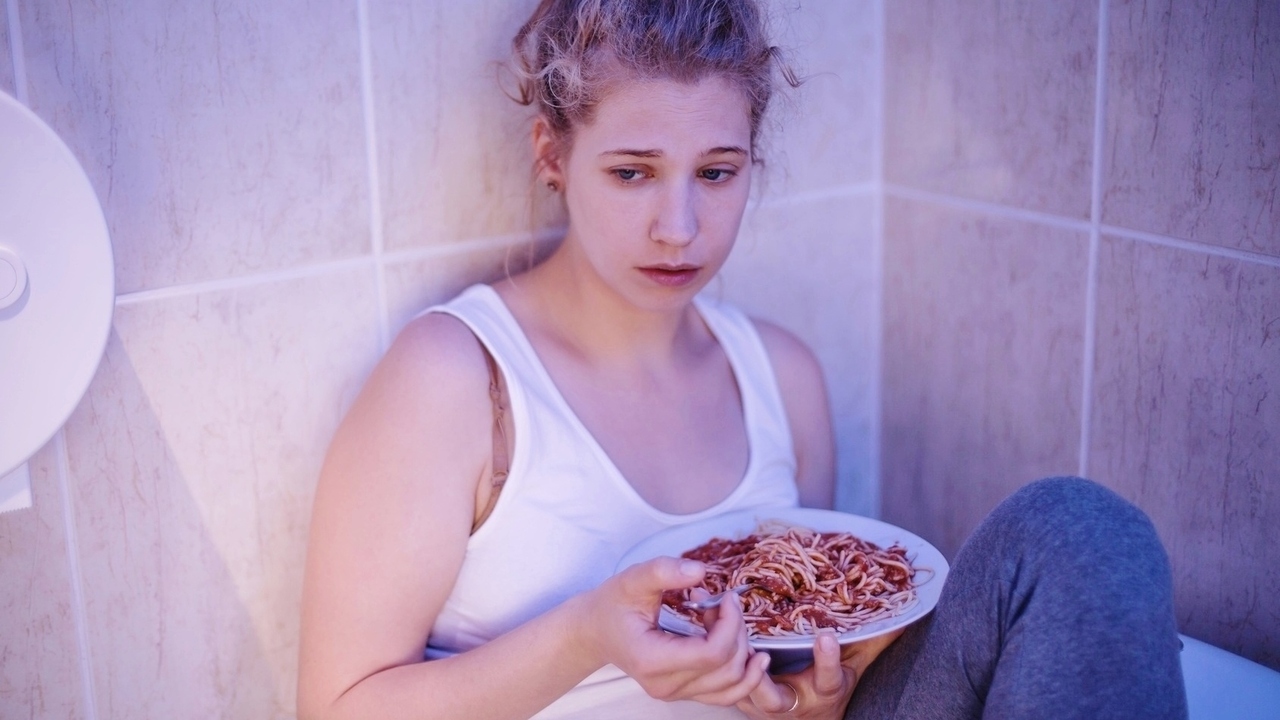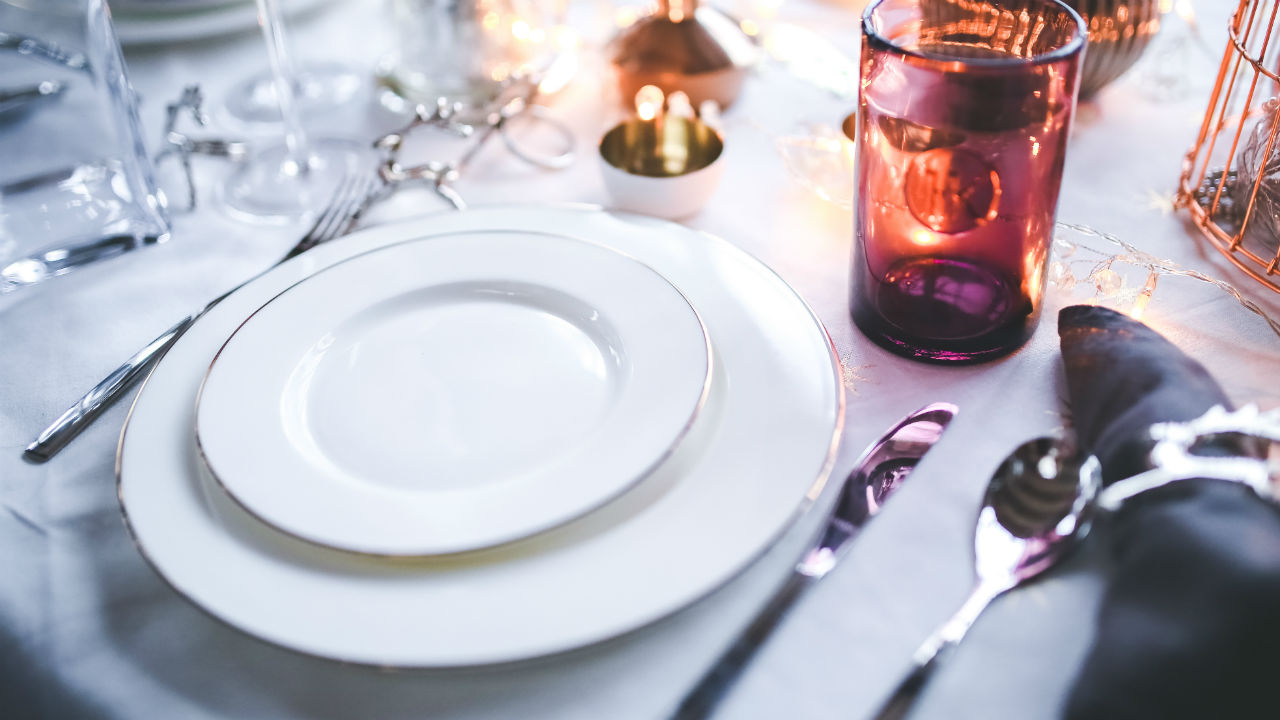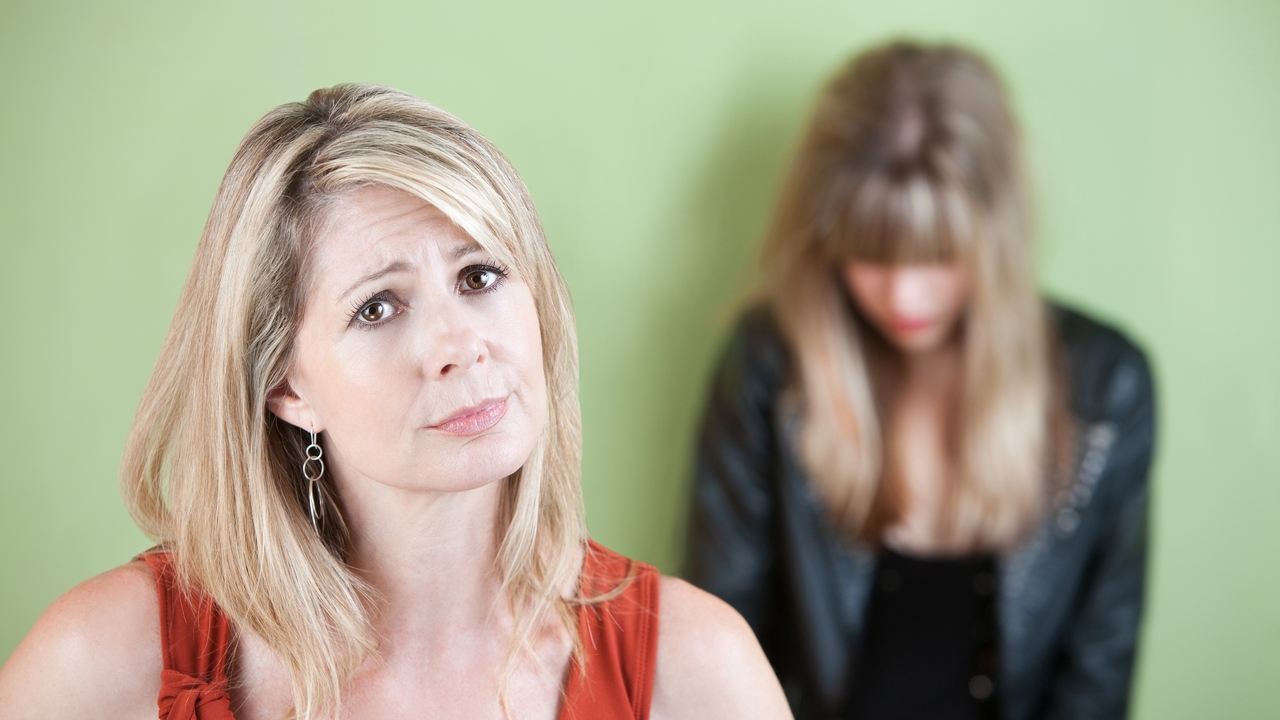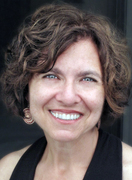Imagine a world where our bodies were all considered equally beautiful. No more dieting (and the binging that naturally follows a diet) in order to conform to this culture’s current standard. What a liberating fantasy!
Our culture, unfortunately, is still entrapped in its rigid norms. An unrealistic standard of beauty unattainable by most women is dictated by the beauty industry in particular, and by sex-oriented advertising campaigns in general. Our self-esteem as women suffers as we are told that we are not okay as we are – our noses are too big, our stomachs too round, our breasts too small – leading us to believe that if we fix these “flaws,” we will be “acceptable” and our lives will be perfect. Since all of us long for love and acceptance, we may buy advertising’s well-spend message that we are not okay as we are.
It is important for us to understand that the current standard of beauty is unhealthy for most women. Unless you were born with an ectomorphic body, you cannot have a model’s size and shape and still be healthy. Many models need to starve themselves in order to meet the industry’s current standards. Even then, an “imperfect” body part may be substituted by another’s in a spliced photograph. And these are the standards to which we as women compare ourselves!
Do we really want to change our bodies every time the fashions change, like we do our clothing styles? In the 1950’s, we would have had to get surgery or wear “falsies” to look like the hourglass figured beauties of that era, Marilyn Monroe and Jane Russell. A decade later, we would have to starve or have surgery to look like stick-figured Twiggy! A lot more drastic than trading straight leg pants for bell-bottoms!
When we believe that only the culture’s current standard is acceptable and our bodies are not okay as they are, we may try to explain our problems by focusing on these so-called flaws of our bodies, setting us up for our first diet.
Diets, however, do not work long-term. Most dieters will tell you that they have lost weight on diets (often a lot, often many times). So this is not a problem of willpower. Yet 95% regain the weight. Why? Diets don’t work – for both psychological and physiological reasons.
A diet assumes that there is a beginning and an end. Diets dictate what to eat and when to eat, keeping us reliant on external cues rather than responding to our body’s needs for food. Diets that eliminate the food we love and want set up an urge to binge as a rebellion against feeling deprived. Diets that severely restrict the quantity of food turn a weight loss diet into a maintenance diet as the body’s metabolism changes to prevent what it believes is starvation. We can recognize underfeeding by its symptoms: lower energy, apathy, intolerance to cold, irritability and depression, preoccupation with food and a slower metabolism (so less food will cause weight gain once you stop dieting). This helps us understand how dieting perpetuates the compulsive eating cycle – and eventual weight gain.
A prevailing myth tells us that all fat people are overweight and should lose weight. It is important to differentiate being large from being overweight. You can’t necessarily tell by looking at a person if they are under or overweight. Being overweight simply means being above your set point, i.e. your body’s natural weight (determined by your genetic heritage, your age, and your metabolism after years of dieting and binging).
So it is possible to be large and yet not overweight. It is also possible to be an average size and yet be severely underweight, if it is being maintained by starving the body.
So how do we find our natural body weight? How do we get out of the cycle of dieting and regaining weight? Through lifestyle changes – exercising (a crucial ingredient for our bodies’ health) and changing our eating habits:
1. Fueling ourselves throughout the day. (Underfeeding sets us up for a binge.)
2. Giving ourselves permission to eat what we want as deprivation sets us up for a binge.
3. Practicing conscious eating. When we eat when we’re hungry, slow down our eating and enjoy each bite to the fullest, we enjoy it more and are satisfied with less.
4. Planning ahead so we have tasty and nutritious foods available at all times.
5. Choosing our foods by how they taste, how they nourish our bodies and how they make us feel – physically and emotionally.
6. Being sure to get enough water, rest and oxygen, as we often use food to fill these needs.
7. Realizing that emotional eating means that we need soothing. Breathe and send yourself compassion for the state you are in.
For many of us, food has been a source of comfort when none was available. Food is a way to cope with the stresses of life. When we stop using food to stuff our uncomfortable feelings, we become more aware of our sadness, anger, and loneliness (since our feelings live in our bodies).
Who wants to feel those uncomfortable feelings, you may ask. There’s a price we pay for cutting ourselves off from our feelings and intuition – it’s a kind of numbness, a deadness inside. If we are to live life fully, we need to experience all of it. When we let ourselves experience all of our feelings, we begin to know ourselves better and what is important to us. As we take off the mask, we can relate to ourselves and others authentically. In harmony with our true selves, we can recreate a life of our own design.
http://barbaraholtzman.net/articles/article1/






Add a CommentComments
There are no comments yet. Be the first one and get the conversation started!